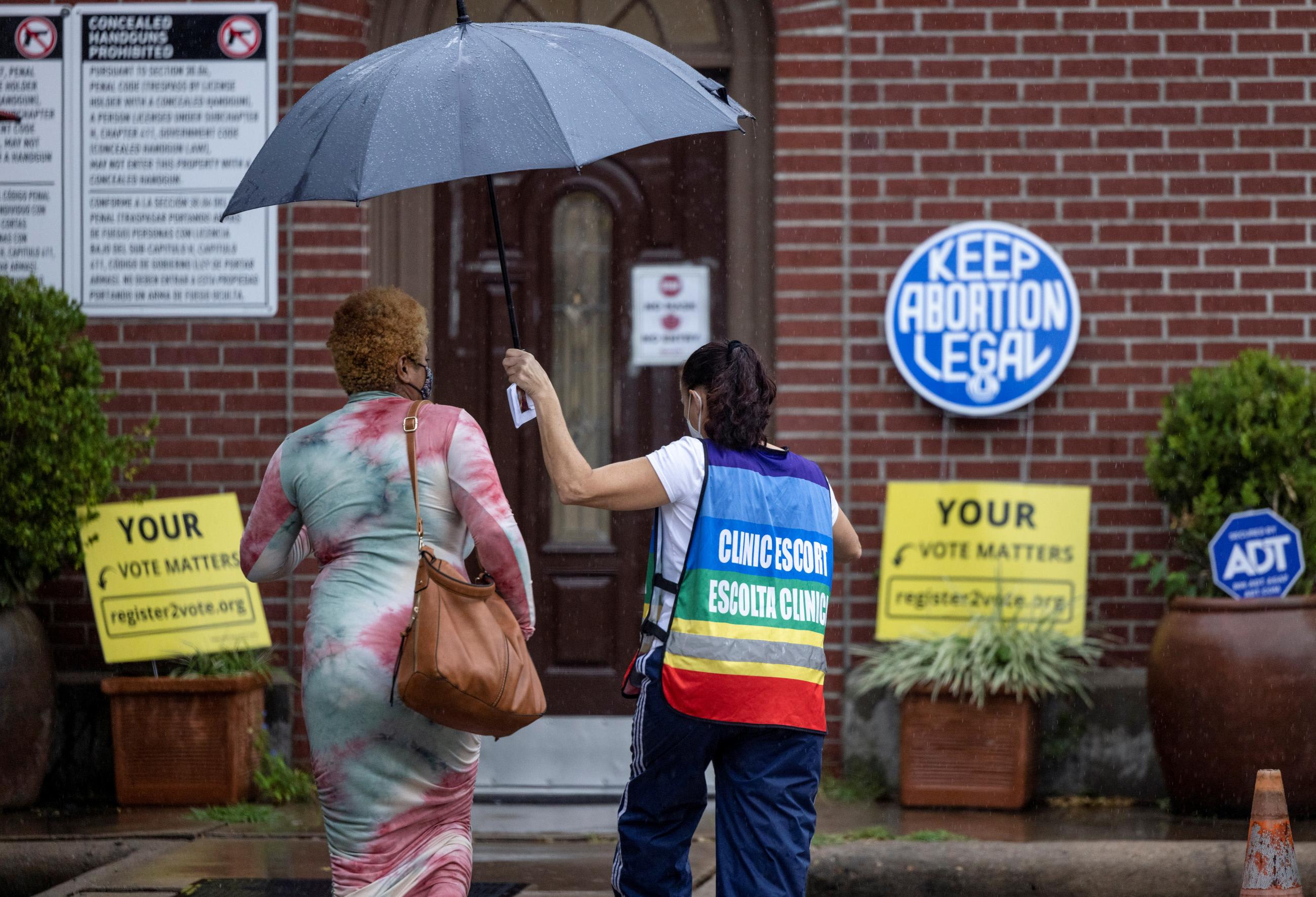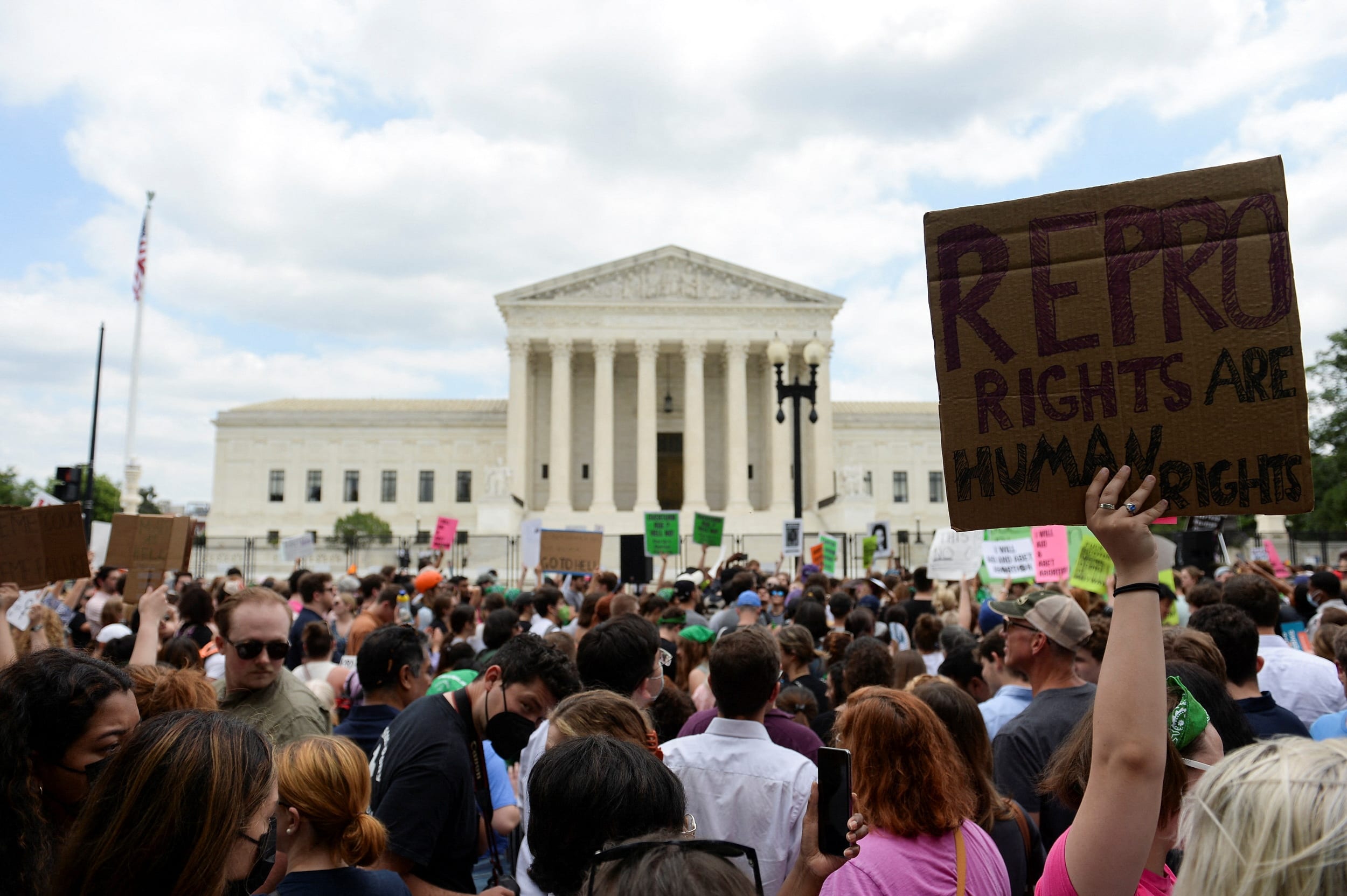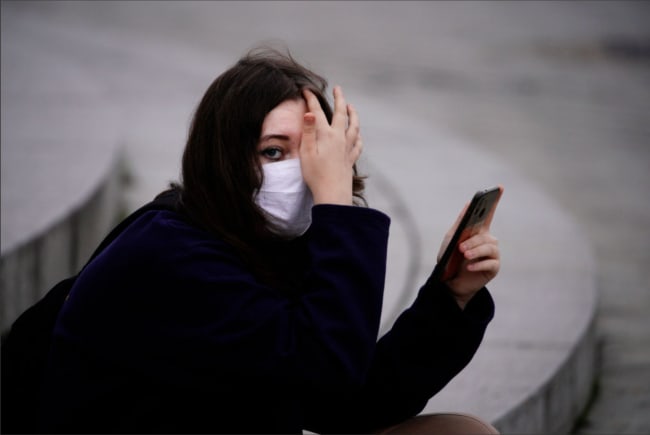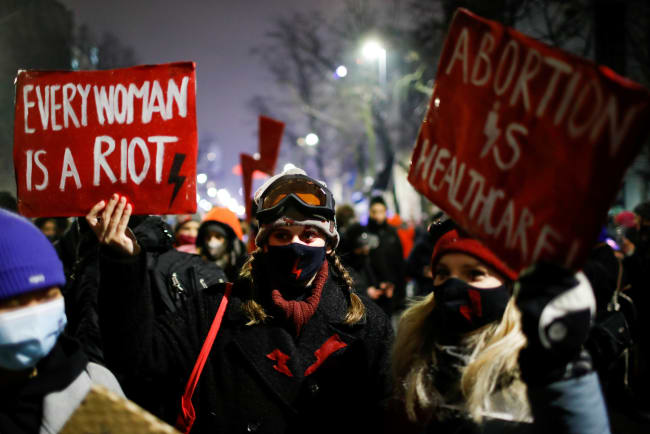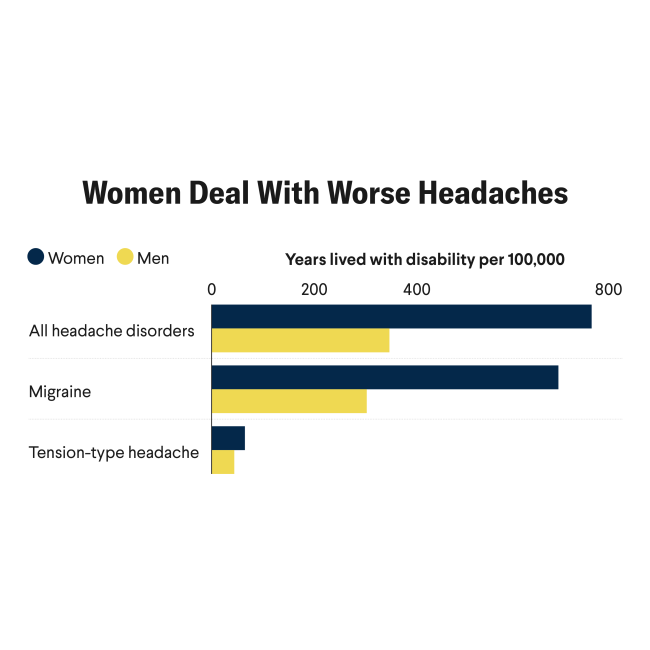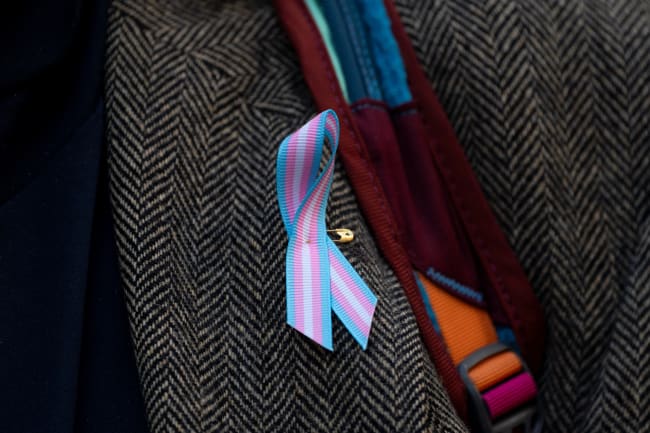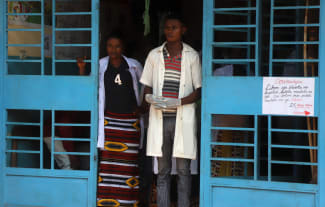"In light of that worldwide liberalization of abortion laws, it is American States that will become international outliers today." – Justices Stephen Breyer, Sonia Sotomayor, and Elena Kagan in dissent, Dobbs v. Jackson Women's Health Organization
On June 24, 2022, the United States Supreme Court overruled Roe v. Wade, the 1973 Supreme Court decision that held the right to terminate a pregnancy was protected under the Fourteenth Amendment of the U.S. Constitution. In Roe, the majority ruled that up until a pregnancy was viable, "that is, potentially able to live outside the mother's womb" at roughly twenty-four weeks, states could not broadly proscribe abortion. When making that 1973 judicial decision, the United States found itself at the forefront of a burgeoning international movement toward expanded access to abortion services at a time when such policies were exceptional.
The United States joins just three other countries—El Salvador, Poland, and Nicaragua—that have rolled back access to abortion since the 1990s
Fifty years later, the United States is once again an outlier. With the decision in Dobbs v. Jackson, the U.S. Supreme Court determined that the right to abortion is not constitutionally protected and returned to U.S. state and federal legislatures the ability to regulate the procedure. With federal legislation on abortion having failed in May 2022, the decision threatens to divide the country into a patchwork of access, with some U.S. states maintaining or expanding protections for abortion and others prohibiting or severely restricting the procedure. In doing so, the United States joins just three other countries—El Salvador, Poland, and Nicaragua—that have rolled back access to abortion since the 1990s. The experiences of these other nations offer a stark warning for the United States in the post-Roe era: restricting or prohibiting abortion does not stop abortion, but rather forces women into situations that threaten their health and wellbeing.
At the Forefront of Access
Fifty-five years ago, the World Health Assembly (WHA) first identified unsafe abortions as a serious public health problem for women around the world. When performed by qualified persons under safe conditions, complications from abortion are rare, and the procedure is safe. However, when restrictive laws and practices, high costs, and limited services create barriers to access, women still seek the procedure—often through dangerous options.
When the United States Supreme Court decided Roe v. Wade just six years after the WHA's warning, abortion was legal in just a handful of countries, including the United Kingdom and Poland. Even fewer, namely, the Soviet Union, allowed abortion on request (i.e., permitting the termination of a pregnancy without requiring the mother to demonstrate specific criteria, such as proving a threat to her life or that the pregnancy was a result of rape or incest). Roe, therefore, established the United States as an international outlier at the forefront of access. Similarly, in allowing termination of a pregnancy up until viability, the United States went beyond many of its contemporaries, including Denmark, which legalized abortion in the first twelve weeks of a pregnancy in 1973, and France, which did the same through the first ten weeks in 1975.
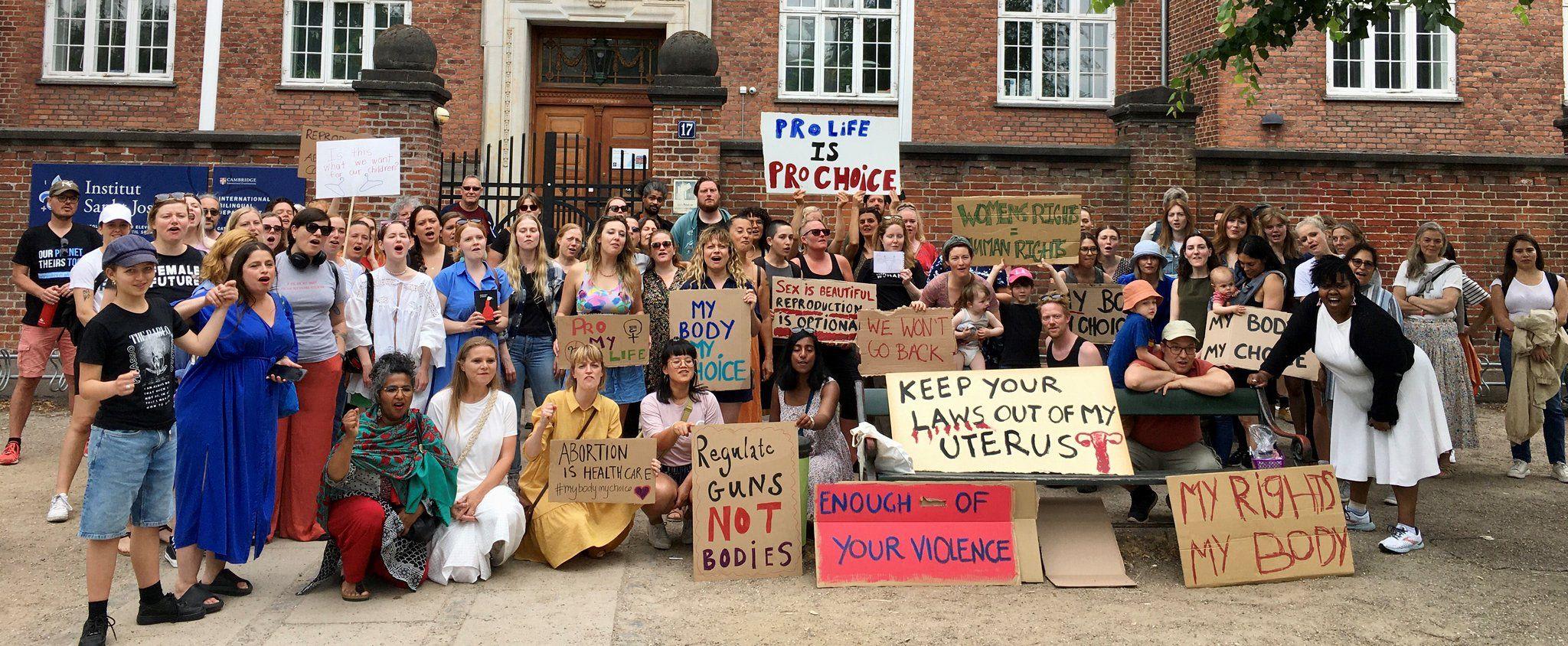
In subsequent decades, waves of abortion liberalization swept across the world, with Roe helping to inspire activists and influence judicial thinking. In Colombia and Mexico, for instance, women's rights groups successfully challenged restrictive abortion policies through their countries' judiciaries. The High Court of Pretoria in South Africa referenced Roe in a 1998 ruling to uphold a national law on abortion, as did the Supreme Court of Canada when it ruled in 1988 that the provision on abortion in Canada's criminal code was unconstitutional because it violated women's rights.
Roe's continued legacy abroad is perhaps best evidenced by the global reaction to the Dobbs decision. Soon after the U.S. Supreme Court's ruling was announced, protestors gathered in the streets in Australia, Ireland, and the United Kingdom to demonstrate against the decision. Leaders of Belgium, Canada, Germany, Greece, the European Parliament, Luxembourg, New Zealand, Spain, Sweden, the United Kingdom, and the World Health Organization criticized the decision and its potential impact on women. France went even further, with lawmakers announcing plans to propose a bill to inscribe abortion rights into the country's constitution so as to ensure that French women's access to abortion would not be rolled back. A global reaction of this magnitude to a U.S. Supreme Court decision is highly unusual, but so too is the Dobbs decision.
Between 2000 and 2011, 129 women in El Salvador were prosecuted under the law for abortion-related crimes
An Outlier in Restriction
Since the 1990s, just four countries have bucked international trends and rolled back access to abortion: El Salvador, Nicaragua, Poland, and now, the United States. Though it is too early to say how Dobbs will impact the health and livelihood of women in U.S. states, the experiences of these other three nations offer a stark warning.
In both Nicaragua and El Salvador, access to abortion has long been restricted. However, both countries moved to tighten access to the procedure since the 1990s, with detrimental effects on the health of women.
Prior to 1992 in El Salvador, most forms of abortion were illegal, but Salvadoran women were usually not prosecuted for seeking out or receiving the procedure. Moreover, in the early 1990s, Salvadoran law permitted abortion under three narrow circumstances: if the life of the mother was at risk, if the pregnancy was the result of rape, or if the fetus had fatal congenital anomalies. As the country emerged from its 12-year civil war in the 1990s, however, politicians began to tighten access to abortion, and ultimately passed legislation that prohibited all forms of abortion, even for the life or health of the mother.
This new law also allowed authorities to prosecute women whose pregnancies ended before 40 weeks, including in cases of miscarriages or stillbirths, with average prison sentences between two and eight years. Between 2000 and 2011, 129 women were prosecuted under the law for abortion-related crimes, 26 of whom were convicted of aggravated homicide. Despite this potential legal peril, women in El Salvador continue to seek out thousands of illegal and unsafe abortions every year. Salvadoran authorities found in the early 2000s that suicide rates among pregnant people were the third most common cause of maternal mortality.
In Nicaragua, the situation was similar. In 2006, the country passed a bill that removed the few statutory exceptions that permitted abortions when the mother's health was at risk, ensuring a total abortion ban. Since then, women who nevertheless seek the procedure and health professionals who provide abortion services may be imprisoned. Reporting on the effects of the law has been limited, but evidence suggests that deaths of pregnant people increased immediately following the legislation. Pregnant people in Nicaragua continue to die as a result of being forced to take dangerous pregnancies to term.
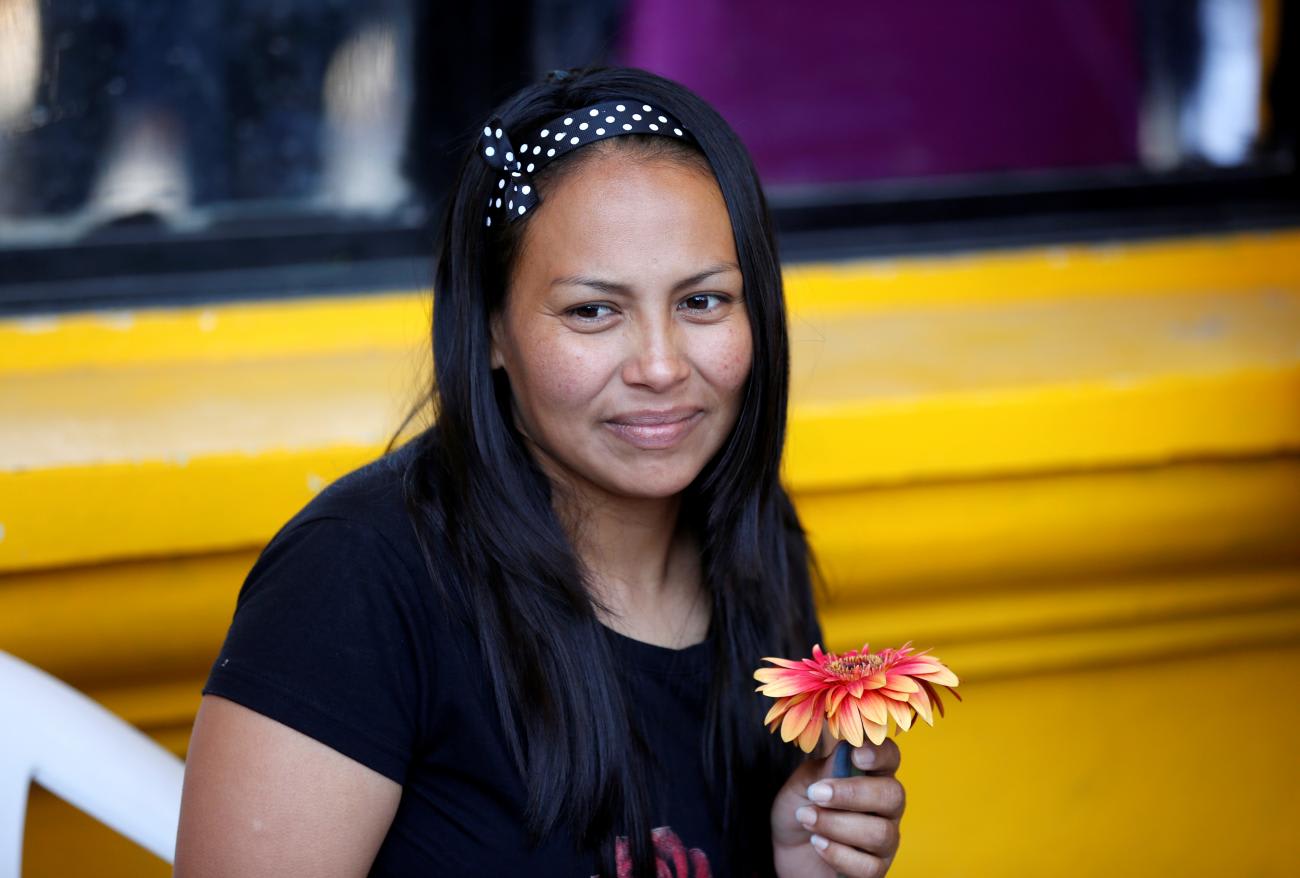
Perhaps the most similar situation to the United States is Poland, a country that experienced more than three decades of liberalized access to abortion before restricting the procedure through its judiciary. In 1993, following the end of communist rule, Poland implemented a strict, anti-abortion law that restricted the procedure to only extremely limited circumstances, punishable by up to ten years in prison for illegal abortions. In 2020, a constitutional tribunal in Poland ruled that one of those statutory exceptions where abortion had been permitted—fetal abnormalities—violated the country's constitution. In doing so, the tribunal's decision imposed a near-total ban on abortion in Poland, as more than 90 percent of already limited abortions in Poland fell under that exception.
Nonetheless, the number of Polish women traveling abroad to undergo the procedure has swelled, and a black market for illegal abortions is thriving within the country. Since the stricter regulations came into effect in 2021, at least two women have died after being refused abortions following the death of their unborn infants. Dozens more have been denied access to cancer treatment, such as chemotherapy, and other forms of care, severely endangering their health.
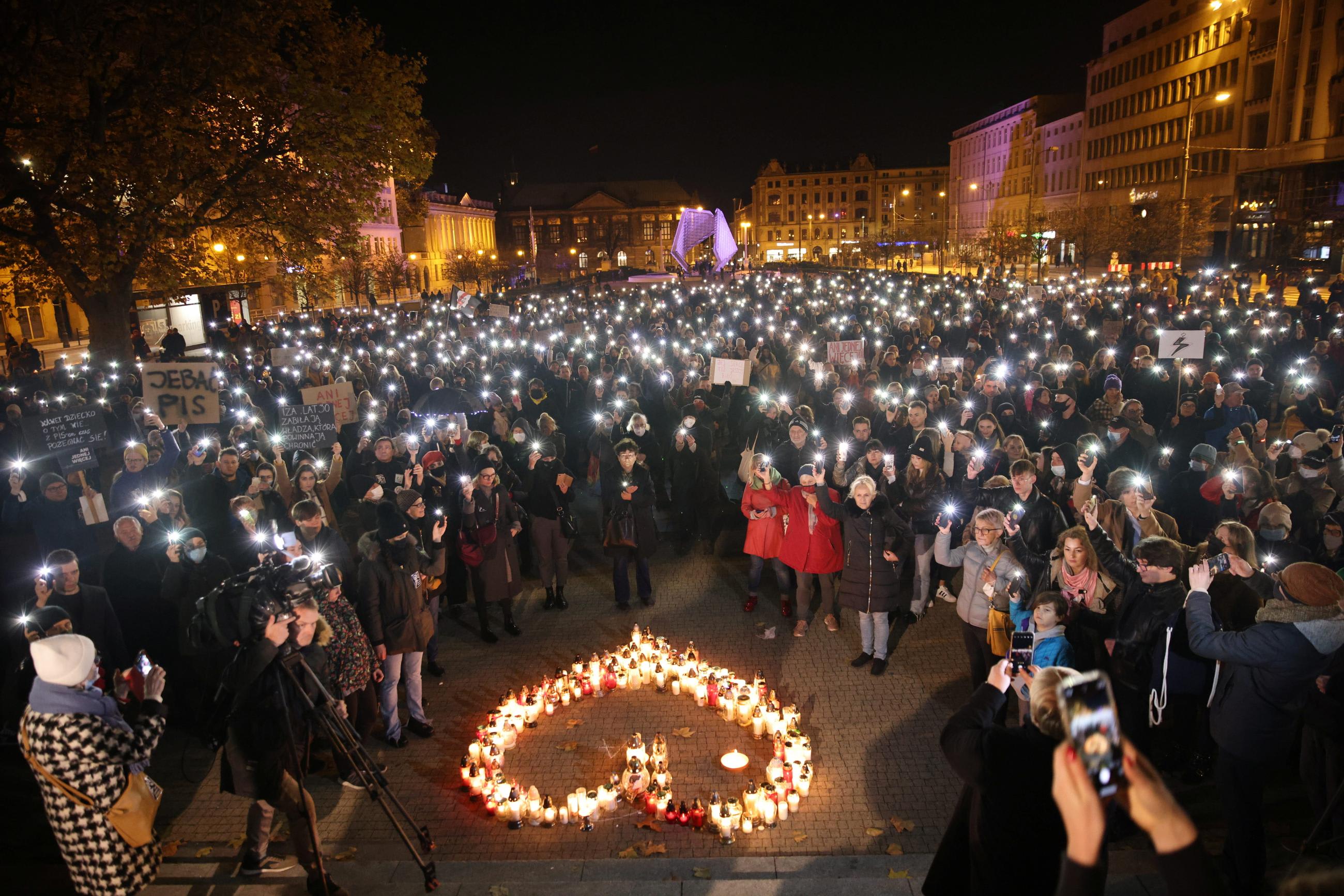
Poland's near-total ban on abortion provides a glimpse at what reproductive health care might look like in some U.S. states now that Roe has been overturned. Like many Polish women seeking safe abortions, pregnant residents of the U.S. states where abortion is now prohibited may have to cross state lines to access such care. Unlike in Poland, however, which is surrounded by states that permit abortion on request or on broad social grounds, people may need to cross several states and hundreds of miles to find legal abortion providers.
This burden will fall especially hard on lower-income, immigrant, and working women, who may not have the financial resources, flexible schedule, or ability to travel. Many individuals may then turn to prescription abortion pills, though barriers to legal access are growing. States like Texas have prohibited the mailing of abortion pills (despite FDA approval of the drug), while states like Arizona, Louisiana, and Tennessee all prohibit the use of telemedicine to prescribe or administer the pill. These barriers to safe, legal, and affordable abortion are likely to force people to turn to black markets for the procedure or medication.
Fifteen U.S. States Will Ban or Severely Restrict Abortion Imminently
Poland's experience also demonstrates what may happen in U.S. states prohibiting abortion to those seeking the procedure and to anyone who assists them. Although there is a network of Polish and European non-profits that help women get treatment abroad, the Polish government has demonstrated a willingness to prosecute those who facilitate another person's abortion. Polish activist Justyna Wydrzyńska faces up to three years in prison for providing another woman with abortion pills. In the United States, several states, including Arkansas, Idaho, and Louisiana, have laws that allow for punishing anyone who provides or attempts to perform an abortion with several years in jail. Currently, many states explicitly proscribe prosecution of pregnant people for seeking an abortion, though some states do not have such protections. Others fear states may tighten existing laws if women continue to seek abortions out of state.
What Comes Next
Abortion services will likely remain available in 20 states in the immediate future, but the rest of the country is trending in the opposite direction. Fifteen U.S. states already have "trigger bans"—prohibitions that will outlaw abortion within thirty days after the U.S. Supreme Court decision—or have already severely restricted access to the procedure. An additional five U.S. states are expected to ban abortion within weeks or months, and the future of abortion access in ten other states is likely to be decided in the upcoming fall elections. It is unclear whether the 20 U.S. states where access remains will be able to provide abortion services to the residents in the U.S. states where it is prohibited. Abortion providers in U.S. states that have affirmed a woman's right to an abortion are expecting influxes of people seeking the procedure, which may hamper their ability to provide timely care to everyone. More ominously, senior Republican officials have already begun calling for a federal ban on abortion, which—if passed—would restrict access to the procedure nationally, even where state legislatures would otherwise permit abortion after Dobbs.
As access to abortion in America is rolled back, the United States is putting women's health at risk. What comes next for women's reproductive health in the United States is not clear, as the new legal landscape of access will take months or even years to solidify. But if El Salvador, Nicaragua, and Poland are any indication, overturning Roe sends the country down a dangerous path. Once at the forefront of abortion liberalization, the United States now stands among a minority of nations that have restricted, rather than expanded, access to safe and legal abortion.
